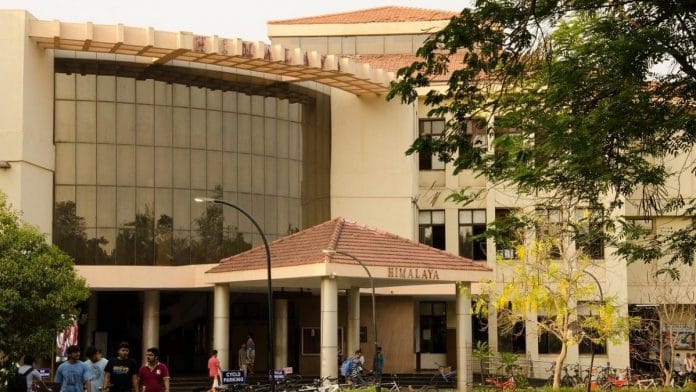Shakti is said to be on a par with its international counterparts, and will help reduce India’s dependence on imported systems for defence and communication.
Bengaluru: Researchers at IIT-Madras have designed and demonstrated India’s first indigenously developed microprocessor that can be used in mobile computing, networking, wireless systems, and maybe even our nuclear systems.
The processor, called Shakti, is said to be on a par with its international counterparts, and will eventually help reduce India’s dependence on imported systems for defence and communication. It is based on the RISC-V [pronounced risk-five] open instruction set architecture — born out of academia, from the University of California Berkeley, RISC-V is open standard and encourages collaboration.
RISC-V is based on a principle that allows the processor to execute instructions in fewer cycles than other instruction sets, and also provides for the development of modular processors and their extensions, enabling easy customisation. The compilers, debuggers, and operating systems that come with it are all open-source and modifiable.
However, while this is India’s first indigenously developed microprocessors, Indian engineers have long been counted among the pioneers in the field.
Most prominent among them is Vinod Dham, who is known as the father of the Pentium microprocessor that reportedly made Intel the world’s biggest chip-maker. Ajay Bhatt, the inventor of the USB, is also credited with improving chipset configurations.
Other pioneers include Ravishanker ‘Rockstar’ Kuppuswamy, who led the design team that built the Xeon E7 for Intel, and the duo — Gurindar Sohi and Terani Vijaykumar — who famously sued Apple for the infringement of a patent to make processors more efficient, and won.
Shakti was designed at the Reconfigurable Intelligent Systems Engineering (RISE) Laboratory at the IIT-Madras’ department of computer science and engineering.
Launched in 2014, the Shakti project was aimed at developing industrial-grade microprocessors and other components of the microprocessor ecosystem. It is partly funded by the Ministry of Electronics and Information Technology (MeitY) as part of two-decade-old efforts to develop indigenous microprocessors.
Also Read: Using new AI algorithm, IIT-Bombay to reduce damage caused by natural disasters in India
Larger push for AI
The Shakti programme is led by Kamakoti Veezhinathan, a professor in the computer science department of IIT-Madras, and G.S. Madhusudhan, the senior project adviser.
Both are members of India’s ‘artificial intelligence task force’, which was set up by the government in 2017 to tap the growing field of AI for the country’s benefit.
A team of about 30 designers, modified and chiselled over nearly a decade, have designed the Shakti processor to specifically work for the internet of things and small devices. The processor itself was fabricated at ISRO’s Semi-Conductor Laboratory in Chandigarh, making it the first ‘RISC V Microprocessor’ to be completely designed and made in India.
In July, before moving to ISRO, 300 chips were produced at a facility of Intel, the multinational chip manufacturer, in Oregon, US. This first batch, named RISECREEK, successfully managed to boot the Linux operating system.
The chip will find uses in several applications in India, including in smartphones as well as nuclear systems, according to a 2017 report by the Department of Atomic Energy.
“With the advent of Digital India there are several applications that require customisable processor cores,” said Veezhinathan. “The 180nm fabrication facility at SCL Chandigarh is crucial in getting these cores manufactured within our country.”
Also Read: This IIT-Madras breakthrough may soon bring talking cars and real-time disease diagnoses






